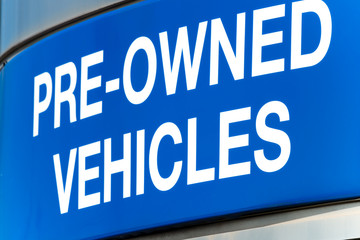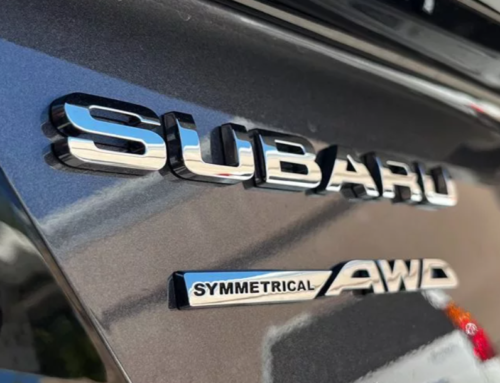Buying a used car can be an exciting yet overwhelming experience. With countless options available, it’s essential to make an informed decision to ensure you find the perfect vehicle that meets your needs, preferences, and budget. In this consumer blog, we’ll guide you through the process of choosing the right used car, helping you make a confident and well-informed purchase.
-
Define Your Needs: Before starting your search, determine your specific requirements. Consider factors such as the number of passengers, cargo space, fuel efficiency, safety features, and desired driving experience. Understanding your needs will narrow down your choices and help you focus on vehicles that align with your lifestyle.
-
Set a Budget: Establishing a budget is crucial when buying a used car. Determine how much you’re willing to spend and factor in additional costs like insurance, maintenance, and potential repairs. Research the market value of the models you’re interested in, considering factors such as mileage, age, condition, and optional features. This will give you a realistic expectation of what you can afford.
-
Research Reliability and Reputation: Look for car models known for their reliability and longevity. Consumer reports, online forums, and reviews from reputable sources can provide valuable insights into the reliability of different makes and models. Pay attention to common issues or recalls associated with specific vehicles, ensuring you choose a car with a solid reputation for dependability.
-
Vehicle History Report: Obtain a vehicle history report for any car you’re considering. This report provides detailed information about the car’s past, including accidents, maintenance records, ownership history, and mileage verification. It will help you identify any potential red flags and make an informed decision about the vehicle’s condition and value.
-
Get a Professional Inspection: Hiring a qualified mechanic to inspect the used car is essential. A professional inspection can uncover hidden issues that may not be apparent during a test drive. The mechanic will assess the vehicle’s mechanical and structural condition, identify potential problems, and provide you with an unbiased evaluation. This step adds an extra layer of assurance and can save you from costly repairs down the road.
-
Test Drive and Check for Maintenance Records: Always take the car for a comprehensive test drive. Pay attention to how it handles, accelerates, and brakes. Test the features and ensure they are in good working condition. Additionally, ask the seller for maintenance records. A well-documented service history indicates that the vehicle has been properly maintained and cared for, reducing the likelihood of future issues.
-
Consider Ownership Costs: Evaluate the long-term costs associated with owning the used car. Factors like fuel efficiency, insurance rates, maintenance and repair costs, and availability of spare parts can significantly impact your overall ownership experience. Research these aspects to ensure they align with your budget and expectations.








